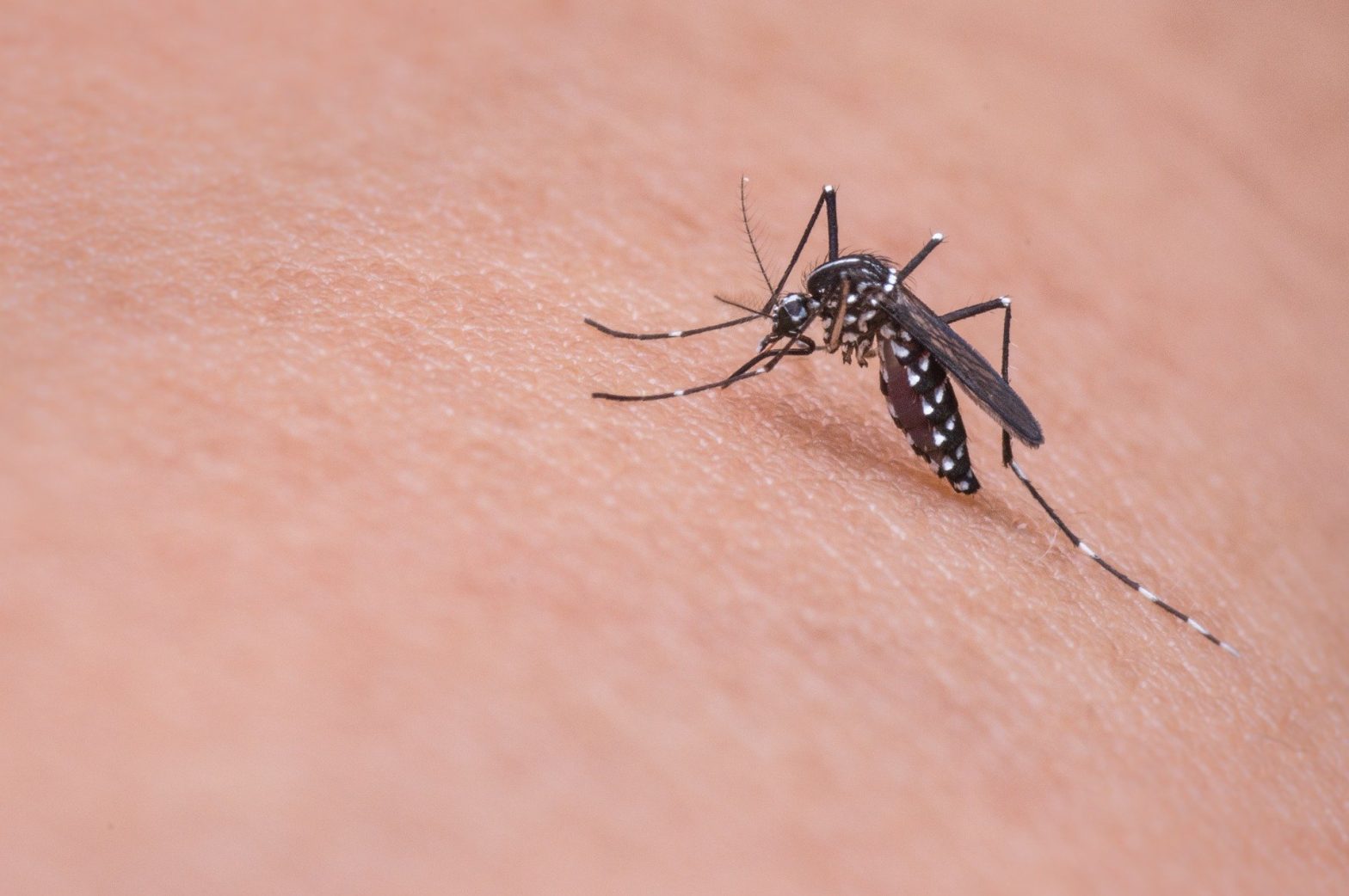WHO Launches Updated Framework for Testing Genetically Modified Mosquitoes

The World Health Organization Special Program for Research and Training in Tropical Diseases, and the Foundation for the National Institutes of Health launched an updated framework for testing genetically modified mosquitoes as a way to foster quality and consistency in the processes for testing and regulating new genetic technologies.
Despite ongoing control efforts, diseases transmitted by mosquitoes, such as malaria and dengue, continue to be an enormous global health burden, as vector-borne diseases are endemic in more than 100 countries and affect approximately half of the world’s population.
For more than two decades, scientists have been working to harness the promise of molecular biology to develop genetically modified mosquitoes for use as public health tools to prevent the transmission of these diseases.
Previously available methods to control mosquito vectors of malaria and dengue were based on the use of insecticides and elimination of mosquito larval breeding sites, and radiation and chemo-sterilization methods.
However, these methods posed difficulties, such as the dependence on a limited number of insecticides for vector control increased the risk that mosquitoes would develop resistance.
GMMs hold the promise of being a more effective way to reduce the number of mosquito vectors in a given region or render the local mosquitoes unable to transmit a pathogen because they can reach mosquito populations and mosquito larval breeding sites, which have traditionally been the hardest and most expensive to access, by exploiting the natural behavior of mosquitoes to mate and seek sites for egg laying.
GMMs are also better suited for urban settings, where current control measures are largely ineffective due to the wide availability of cryptic mosquito larval breeding sites.
There is also potential for GMMs to reach outdoor and day-biting mosquitoes that often escape control methods such as bed nets and indoor insecticide spraying, and allow researchers to target specific mosquito species, which would avoid ecological and environmental hazards associated with insecticides and provide continuous protection in situations where other disease control methods have been interrupted to prevent the reintroduction of the pathogen after successful elimination efforts.























